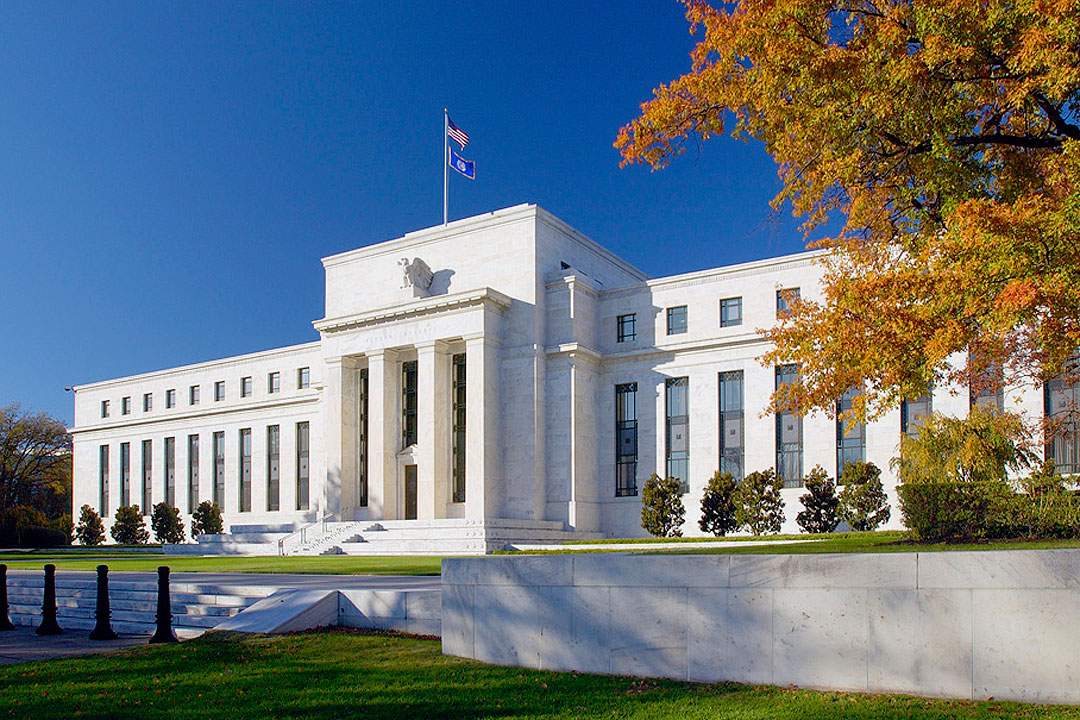




Quarterly Economic Growth Release: Growth takes on a slower pace
 DOWNLOAD
DOWNLOAD

Policy Rate Views: Divided Fed kept rates unchanged for now
 DOWNLOAD
DOWNLOAD

Philippines Trade Update: Exports momentum further narrows gap
 DOWNLOAD
DOWNLOAD


Tiptoeing nervously along US rate path

World markets are entering a period of nervous uncertainty as investors try to determine whether upcoming US interest rate cuts will be benign and in tandem with a “soft landing,” or mitigation against a more damaging economic downturn.
Asian markets leaned towards the former on Monday and traded positively. But risk appetite steadily whittled away as the day progressed, pushing Wall Street into the red and setting the tone for a more jittery session on Tuesday.
The Asia and Pacific calendar on Tuesday is light, with Japanese producer prices and trade figures from Hong Kong and Thailand the major economic indicators on tap. Australian mining giant BHP’s annual results are the main corporate highlight.
Global market dynamics will therefore be the more important drivers for Asia as investors continue to digest the implications of Fed Chair Jerome Powell’s policy pivot at Jackson Hole on Friday.
Fears of a US recession and a continued rise in unemployment are keeping a 50 basis point rate cut from the Fed next month on the table. This is putting US stocks on the defensive and fueling demand for Treasuries, although bonds and the dollar were generally flat on Monday.
World stocks ended slightly lower on Monday, but not before hitting a new record high. Nvidia shares slid ahead of the AI darling’s quarterly results on Wednesday, pushing Wall Street lower but not before registering a fresh six-week high.
Gold hugged recent record peaks, while oil prices rose again on Monday as production cuts in Libya added to supply concerns stemming from reports of escalating conflict in the Middle East. Oil is now up 8% in three days.
So it is a mixed bag for Asia on Tuesday. This is the backdrop to a re-emergence of trade tensions between China and the West, as the Biden administration prepares to announce final implementation plans for steep tariff increases on certain Chinese imports.
US manufacturers have asked for the higher tariff rates on a range of goods from electric vehicles to electric utility equipment to be reduced, delayed or abandoned, and for potential exclusions to be greatly expanded.
The White House had said initially the new tariffs would take effect on Aug. 1 but that was delayed. The politically loaded decision on what form they will take will be made by the end of the week.
Canada’s Prime Minister Justin Trudeau on Monday said that Canada will impose a 100% tariff on the import of Chinese electric vehicles, including Teslas, and will also impose a 25% tariff on imported steel and aluminum from China.
Here are key developments that could provide more direction to Asian markets on Monday:
– Japan services PPI (July)
– Thailand and Hong Kong trade (July)
– Australia BHP annual results
(Reporting by Jamie McGeever)
This article originally appeared on reuters.com





 By Reuters
By Reuters